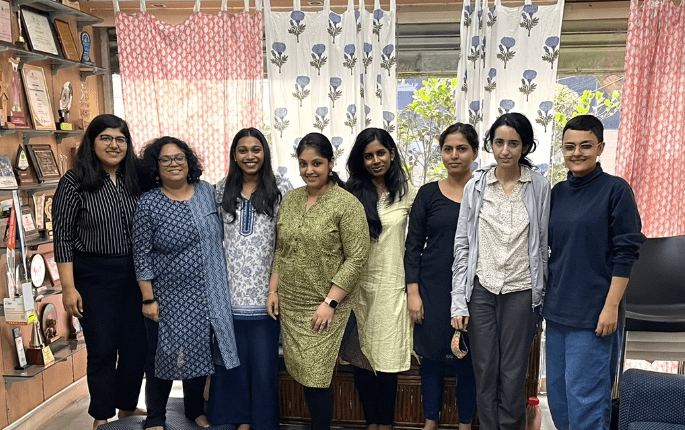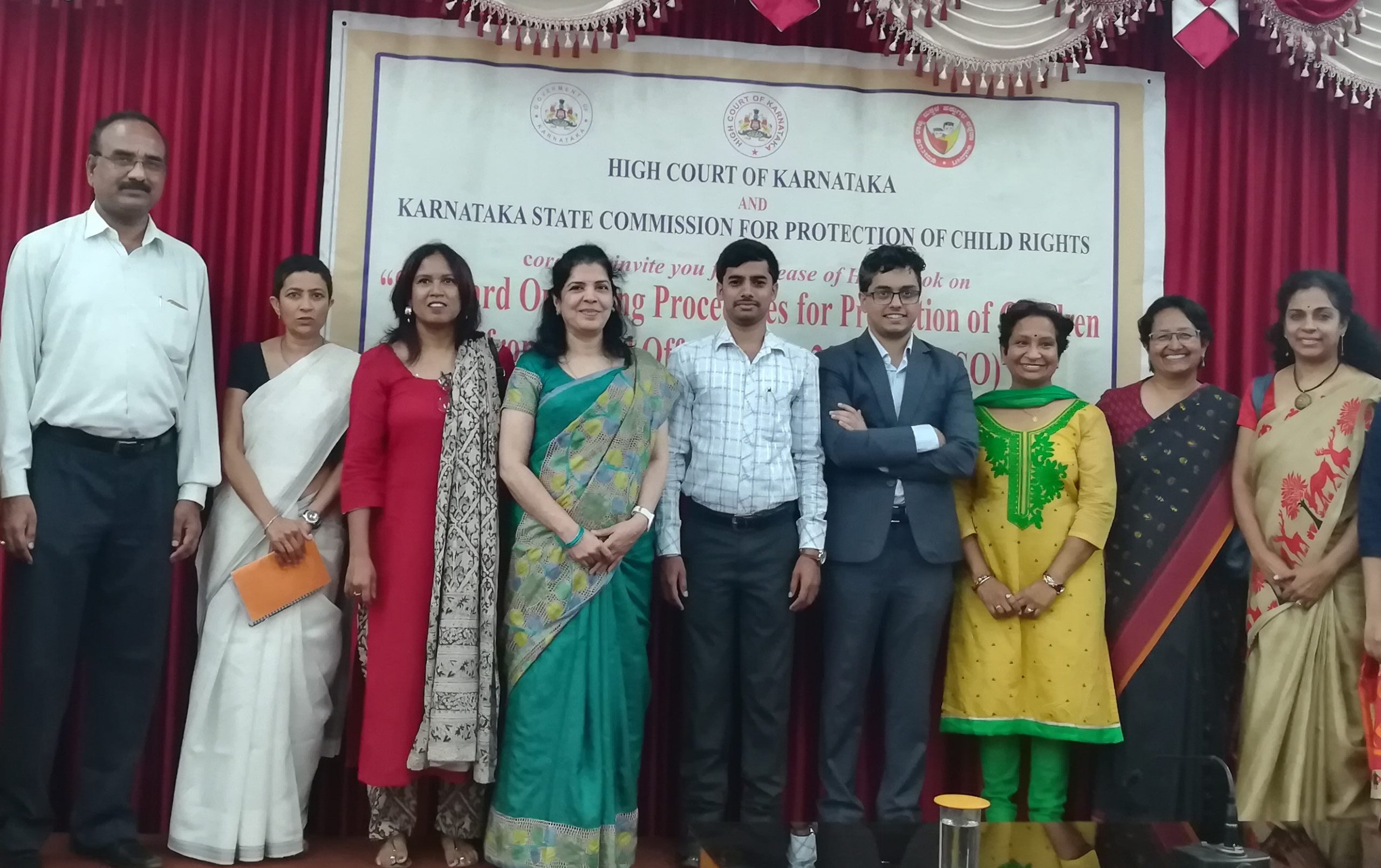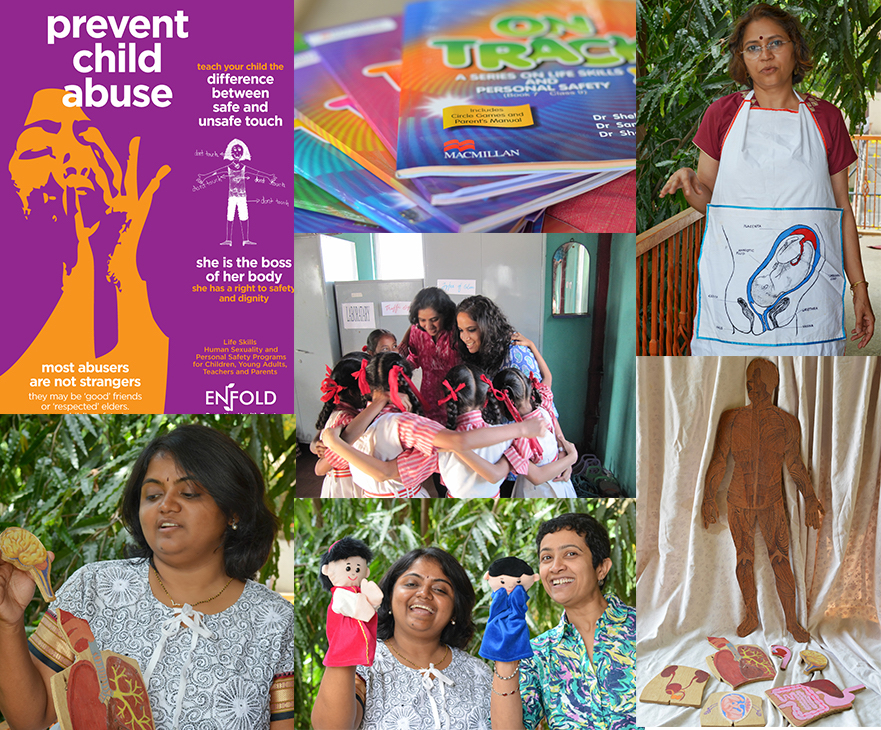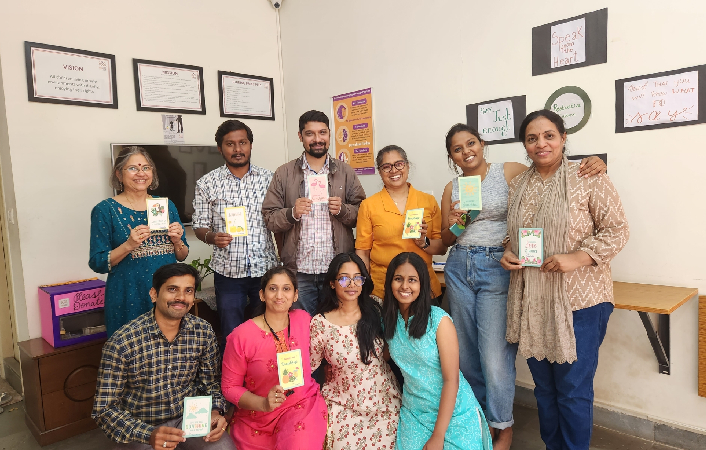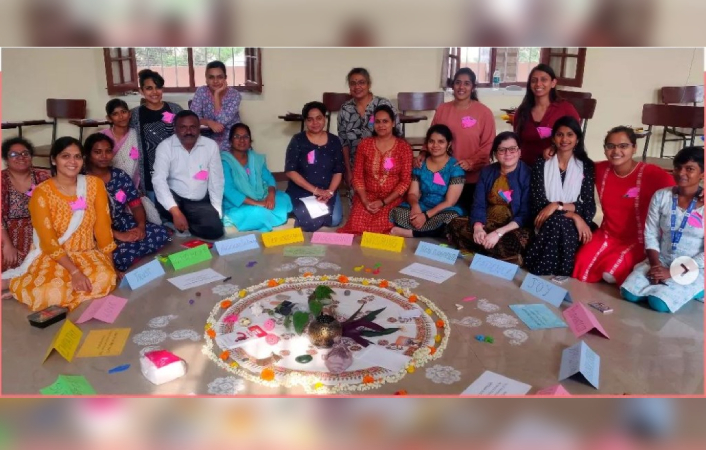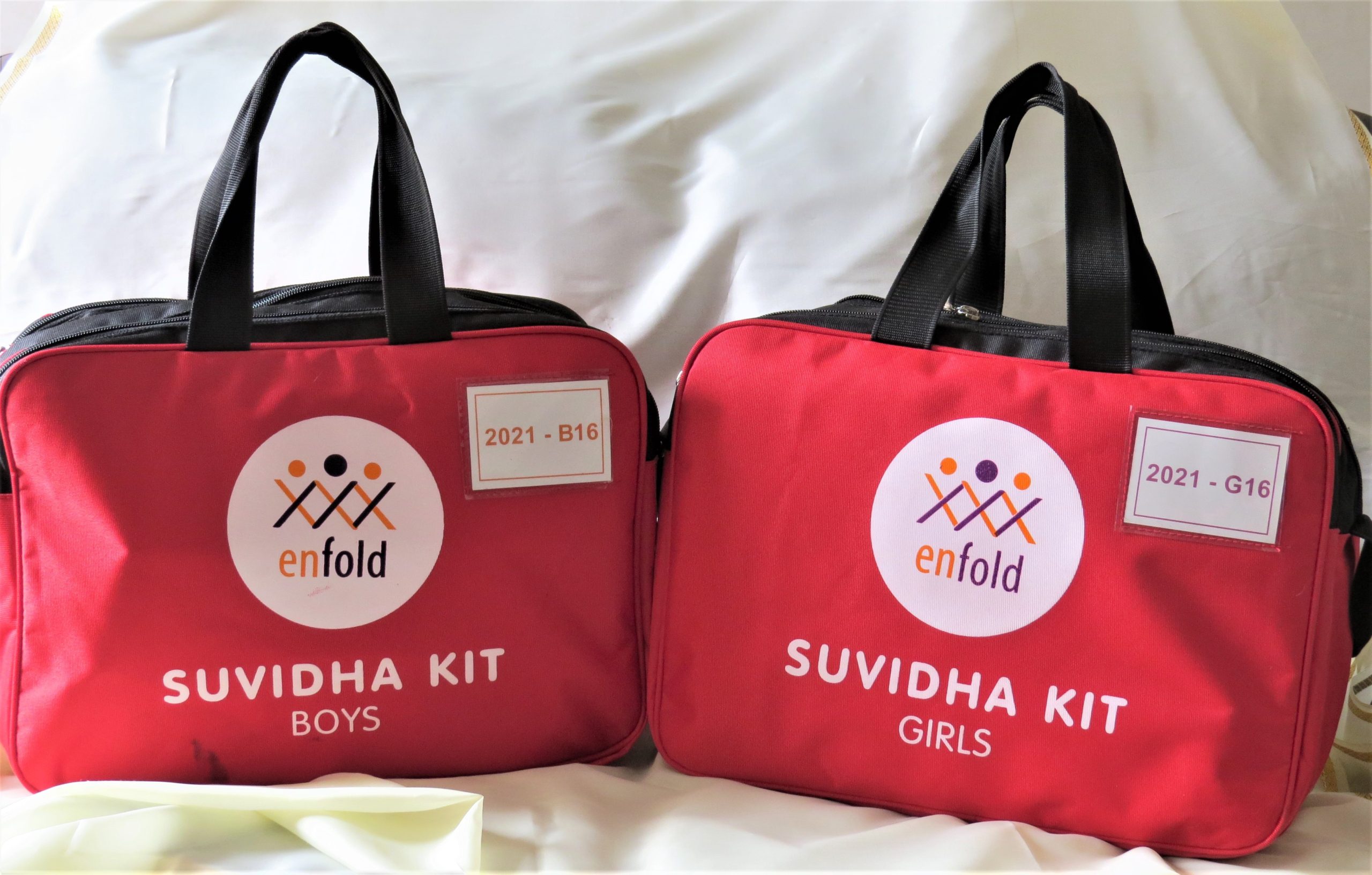POCSO Act, its Implications and Challenges
-Kushi Kushallapa
The 2007 National Study on Child Abuse by the Ministry of Women and Child Development reported that over 53% Indian
children are victims of some form of sexual abuse or the other, ranging from penetrative sexual assault to various forms of non-contact sexual abuse.
This Study set the ball rolling to have a separate legislation for sexual crimes against children and the Protection of Children from Sexual Offences (POCSO) Act was passed in 2012.
Under the POCSO Act, anybody who has knowledge, apprehension or suspicion of Child Sexual Abuse (CSA) is obligated to report the same to the Special Juvenile Police Unit (SJPU) or the local police station.
But is the Indian child protection mechanism geared to handle this volume of cases? They are struggling to do so. It is 9 years since the National Study revealed such startling and disturbing findings, yet our society is still waking up to the fact that shame and blame needs to shift to the perpetrator and not the child and their families making them less vulnerable to further assault and abuse
The National Study also found that 50% of the children were abused by people known to them. However, our police sta-
tions, medical facilities, courts and child care institutions are still finding it hard to internalize that child sexual abuse occurs in our ‘culture’, and most often happens within homes and other ‘safe’ environments. This belief often limits proactive and positive response to the victims of CSA and in the handling of cases.
Our child protection mechanism is still at a very nascent stage and is currently struggling to handle the volume of cases, follow the protocols, adopt child-friendly procedures, adhere to time-fames, etc stipulated by POCSO Act. It is unfortunate that allocation of infrastructure, manpower, structured training and sensitization, setting up a robust monitoring and accountability mechanism, etc, is far from the actual need and has done little to implement the Act in spirit. For most of the children, who report abuse, our system further victimizes and traumatizes them with repeated interviews and examinations in inappropriate settings, delayed waiting periods for various procedures, limited information about their case, threats from the offender and other inconvenient experiences for the child and the family. If a child and family have to wait for 2-3 years for a trial to be completed, with a 10-15 % chance at justice, parents and care-givers often question their judgment for having
reported the case to the authorities in the first place.
While its mandatory to report instances and suspected instances of child sexual abuse, we must keep in mind how the family can be supported once as this move has a huge impact on the child and family/care-giver. Notwithstanding the socioeconomic background, age, gender of the victim of CSA, severity of the offence, the path of seeking justice is extremely difficult and fraught with challenges. We as a society have to come together to support them through this journey.
At Enfold, we provide psycho-social and legal support children who have faced sexual abuse and assist the family through the criminal justice process, from the time a case is registered, until the trial is concluded. We provide support to the child and family to reintegrate them into their social context. We also provide sensitization training on CSA and POCSO to all stakeholders and have trained doctors, police personnel and lawyers in a collaborative response approach to managing CSA. Three hospitals continue to function in Bangalore (M. S. Ramaiah Hospital, Bangalore Baptist Hospital and Kempegowda Institute of Medical Science) to cater to the needs of children who have been sexually abused. However, considering limited funding options and people resources, our outreach is limited. We are making continued efforts to reach out to people who are willing to commit their time and /or expertise in helping victims of CSA and fund the medico-legal expenses and other expenses that is required through the trial period.

